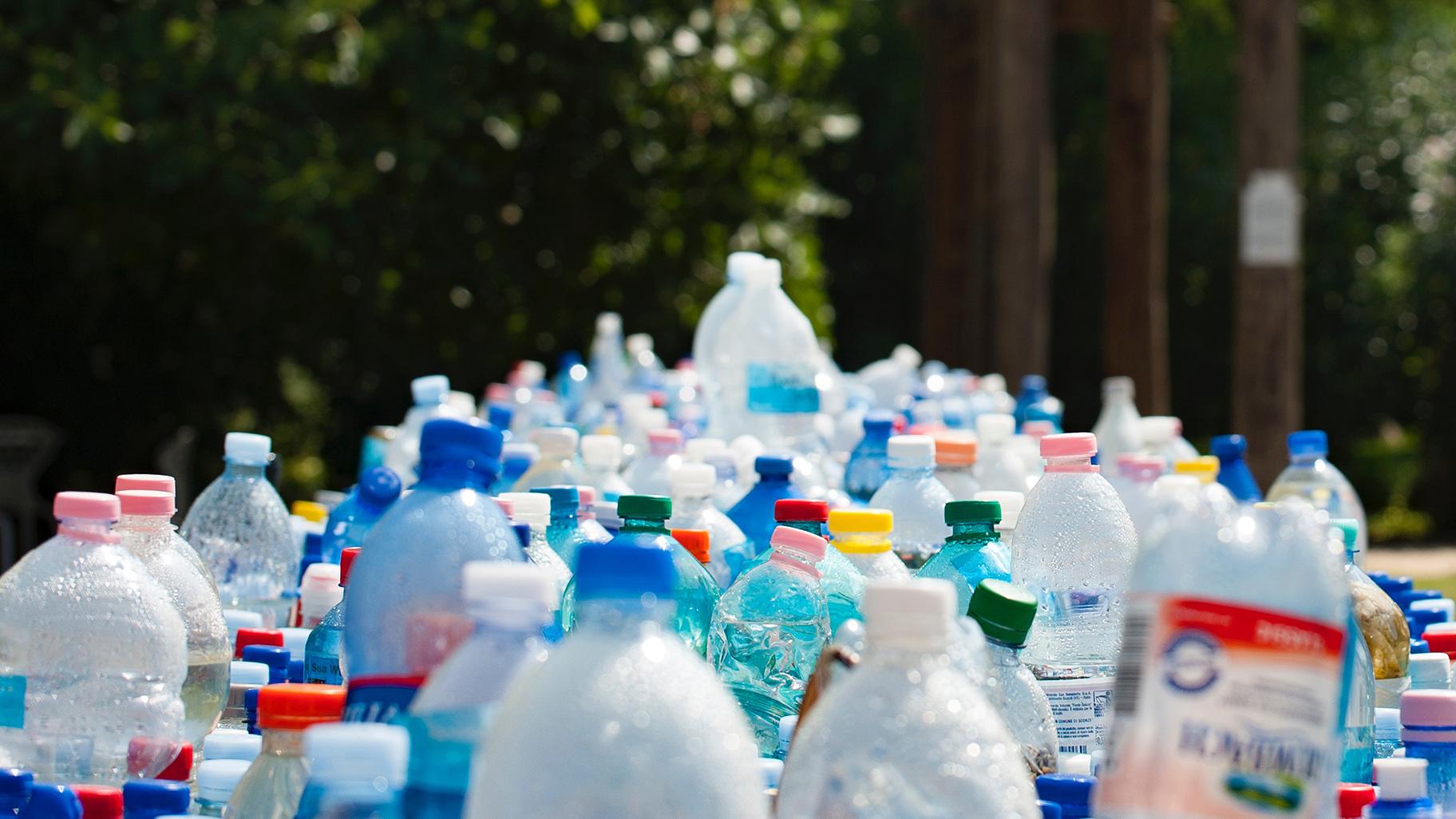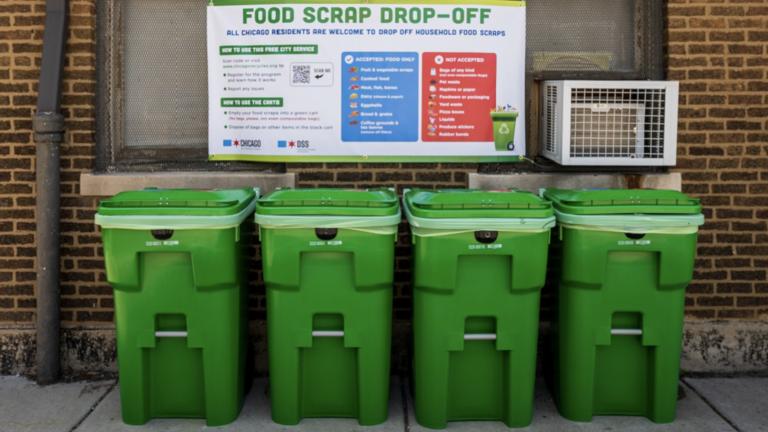 (mali maeder / pexels)
(mali maeder / pexels)
There’s often a significant disconnect between consumers’ interpretation of what terms like “recyclable” and “carbon neutral” mean and the reality of the environmental benefits of products and services marketed with those labels.
Think a “compostable” doggie poo bag is saving the planet? Not if it’s been used to pick up waste. Then it’s headed for a landfill, and no, conditions in landfills aren’t conducive to composting.
Surprised?
To protect consumers from deceptive environmental claims, the Federal Trade Commission developed Green Guides back in 1992. The guides established standards for the use of words like “recyclable,” but those standards need to be tougher, according to a group of state attorneys general, including Illinois’ Kwame Raoul.
Raoul and 15 of his counterparts signed onto a 40-page letter recommending numerous changes to language in the Green Guides, which are reviewed every 10 years.
“As consumers continue to show increased interest in environmentally-friendly products and services, it is vital they have access to accurate and timely information regarding their potential purchases,” Raoul said in a statement. “The FTC must strengthen their process for ensuring consumers are protected from companies providing overinflated or even false claims about their products’ environmental benefits.”
The recommendations zeroed in on some of the most common misconceptions associated with composting and recycling — two of the more widely adopted “green” practices among consumers.
Marketers’ use of “compostable,” in particular, has exploded since the Green Guides were last revisited in 2012, but consumers’ understanding of the process remains lacking.
Eco-conscious consumers are likely to pay a premium for products labeled as “compostable,” but those products may not actually be compostable using a home composting device or compost pile, or they might not be accepted at many industrial composting facilities. Likewise, many consumers believe there’s still an environmental benefit when compostable items are disposed of in a landfill, when a compostable item is only beneficial when it is properly composted, the letter said.
“This consumer confusion about the benefits of ‘compostable’ items is driven in part by the improper labeling of packaging and products that will not compost except in narrow circumstances or that, for various reasons, will more likely end up in a landfill,” the attorneys general wrote.
The recommended revision to the Green Guides would be for marketers to specify whether an item is “home compostable” or “compostable in an industrial composting facility,” and the description must also contain the disclaimer: “This item is not ‘compostable’ when disposed of in trash/landfill.”
As opposed to “compostable,” which is just beginning to go mainstream, “recyclable” is perhaps the most ubiquitous “green” marketing term, the letter said, and possibly also the most misused.
“Consumers have been misled on a very large scale regarding recycling, with far-reaching impacts,” the attorneys general said, “purchasing a lot of ‘recyclable’ items that are not actually being recycled.”
Less than 10% of the plastic discarded in the U.S. is recycled, they said, citing data collected by the Environmental Protection Agency.
“The Green Guides should more explicitly focus on the question consumers really want answered: If I do place this product or package in a recycling bin, will it actually be recycled?” the attorneys general said.
With more states and municipalities setting goals for emission reductions and “net zero waste,” greenwashing tactics are likely to become even more prevalent, the attorneys general said, and now is the time to put these tougher guidelines in place.
Contact Patty Wetli: @pattywetli | (773) 509-5623 | [email protected]








